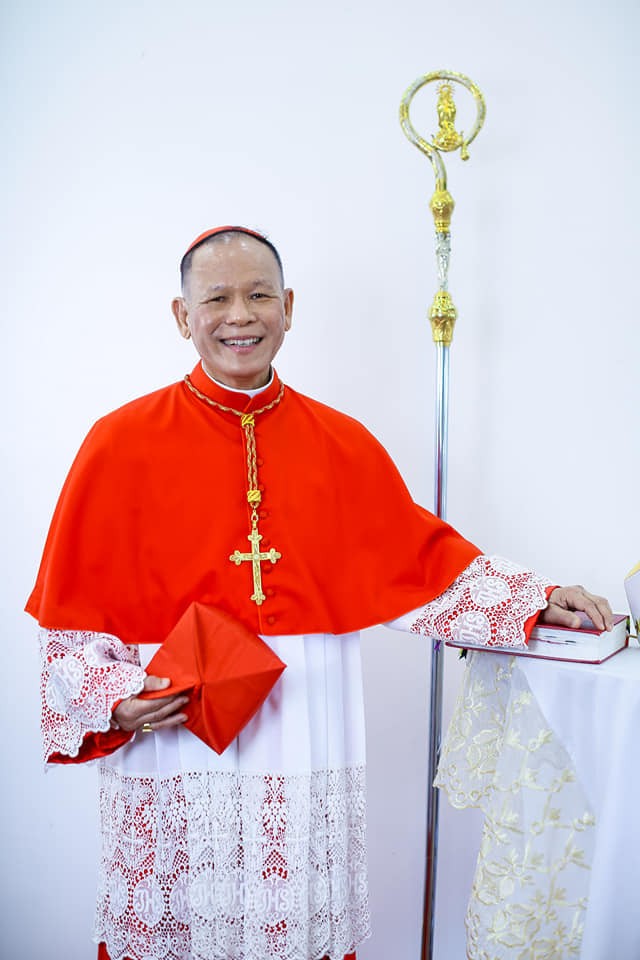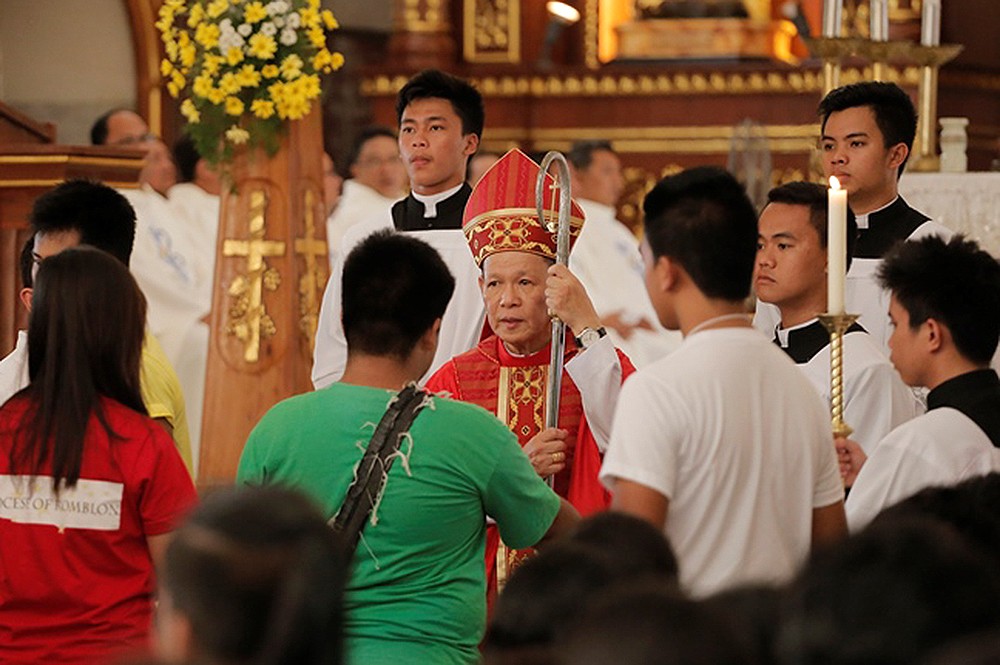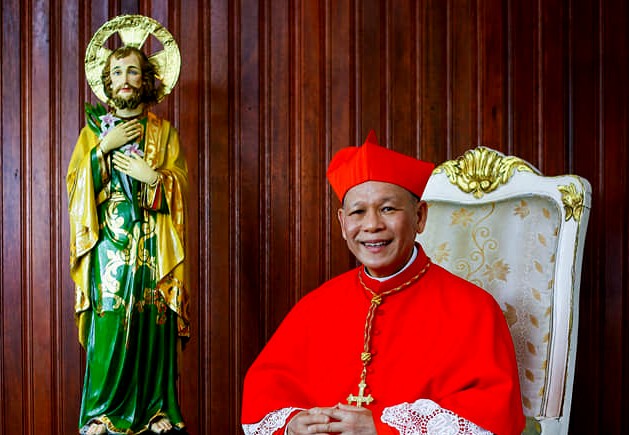The bells of the Manila Cathedral rang for about 15 minutes when the name of the new archbishop of the Philippine capital was made public on March 25.
The last time the bells tolled longer than usual was in 2017 when for five minutes for 40 consecutive nights it sounded for thousands who were killed in the government’s “war” on drugs.
This year, the bells rang to celebrate and welcome the appointment of Cardinal Jose F. Advincula as the 33rd archbishop of Manila.
Pope Francis appointed the bishop from the Archdiocese of Capiz a cardinal in November last year. Media reports described him as the “listening cardinal” after his motto “Audiam,” or “I will listen.”
Cardinal Advincula is known to be a “low-key figure” who always consults his flock. He has been praised for building makeshift churches in far-flung communities.
Human rights and pro-environment activists welcomed the appointment of a priest from the peripheries to lead the Church in the capital.
The described the Cardinal as someone “who understands the cries of the poor and the environment.”
Cristina Palabay, secretary general of human rights group Karapatan said the prelate’s motto “is a fitting call for the Catholic Church to listen to the cries and aspirations of the poor.”
“The archbishop has done this when he joined other bishops in condemning the killings of nine Tumandok indigenous people and the arrest of 17 others,” noted Palabay.
In January, Cardinal Advincula and seven other bishops from the central Philippines issued a pastoral letter calling for an independent investigation into the killings and arrest of Tumandok tribal people.
Palabay said the cardinal’s listening ear for the call for justice “is most needed at a time when the Church’s own workers are being persecuted, red-tagged, arrested, and killed.”
“The role of the Catholic Church in defending the rights of the downtrodden, the victims of rights violations, and those neglected is more important today,” said Palabay.
Cardinal Advincula was ordained a priest on April 14, 1976, at the age of 24. He later obtained his Licentiate in Canon Law at the Angelicum in Rome.
On July 25, 2001, Pope John Paul II appointed him bishop of San Carlos.

Ten years later, Pope Benedict XVI named him archbishop of Capiz, one of the areas where political killings happened in recent years.
At least 106 people have been reported killed in the region, including farmers, human rights advocates, church workers, lawyers, and even government officials.
Palabay said she is confident that the new Manila archbishop “will lead his flock to a crusade against human rights violations and call for the end of killings.”
As bishop of San Carlos on the island of Negros, Cardinal Advincula spearheaded various ecological campaigns, including against coal and other dirty-energy sources.
When he takes over the helm of the Archdiocese of Manila, the cardinal will surely be faced with more challenging environmental issues.
“We trust and pray that the good cardinal can journey with the people and all creation toward making Manila a better place to live in,” said Yolanda Esguerra, national coordinator of the Partnership Mission for Peoples’ Initiative.
Rodne Galicha of the group Living Laudato si’ Philippines said the cardinal is expected to “play a huge role” in the Church’s campaign on environmental protection.
Jayeel Cornelio, director of the Development Studies Program at the Ateneo de Manila University, said that because of the Archdiocese of Manila’s proximity to the country’s political power, “people see him as ‘primus inter pares’ or the first among his equals.”
Cornelio said it “would not be easy for the prelate to navigate the chaotic seas” of political and social issues “but he must decide if he is willing to use his position for prophetic purposes.”
“What might really work is a pastoral intervention,” said Cornelio, adding that “it would be better if he, himself, would go down to the communities.

Sociologist of religion Manuel Victor Sapitula said there is a “public perception” that whoever is the archbishop of Manila has to speak on social issues.
“Cardinal Jaime Sin during the martial years spoused that. Now, people long for socially active leaders,” he said.
Sapitula said it is normal that Christians will be watching and waiting for Cardinal Advincula’s pronouncements on political and economic matters.
“With his track record, we can be confident that he has this active and transformative type of listening,” he said.
The public must give Cardinal Advincula enough time to sail across the things he has to face when he officially takes the seat of the Archdiocese of Manila.
“It is not a coming out of the shell,” said Sapitula.
“The cardinal is a seasoned Church leader, a human rights advocate, and an environmental defender. It will not take long for him to shine,” he said.









